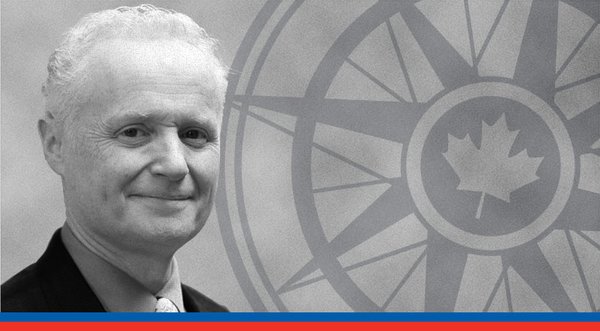This question goes to the essence of the difference between espionage, counter-intelligence and national security matters on the one hand, and the standards of proof that are admissible in court. They are simply two different animals.
Intelligence is necessarily gathered covertly and clandestinely, and often through intelligence-sharing operations with allies. Because intelligence is by its nature imperfect and incomplete, and only signals possibilities not certainties, and because exposure of the sources of intelligence would destroy the source and any future information it might provide, and because intelligence gathering is a long process, not a one-off transaction, the painstakingly built up intelligence network often must be protected in the long term interests of the country and our safety. Moreover, decisions must be taken based on judgments about intelligence’s trustworthiness and accuracy when neither of those things is perfectly verifiable. Inevitably some intelligence will be correct, and some incorrect, but one can only distinguish between them with any certainty until after the danger is passed. The point of successful intelligence-gathering, however, is to avert threats before they occur. That means that organizations charged with the defence of our national security, such as CSIS, can and must be able to act on information that is only probably true and cannot be fully verified in time for it to be useful in protecting Canadians.
This is a different standard of proof than is rightly expected in a court of law, where great time and care are taken to try to establish the truth of the matters in dispute. If Mr. Fadden had named names in his warnings to Canadians, he would likely have been subject to legal challenges demanding that he prove the allegations against named individuals. This he could not do without compromising long term sources of intelligence. Moreover, while in my earlier post I laid out all the well-founded reasons why we can be confident that Canada is suffering at the hands of Chinese and other foreign agents, reaching the legal standards of proof required to defend the naming of individuals in court may not be achievable.
Next: Should Richard Fadden be making comments like this, even if they’re true?


